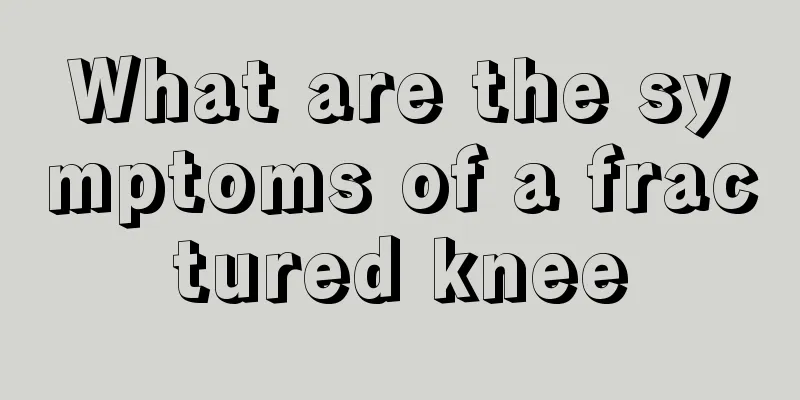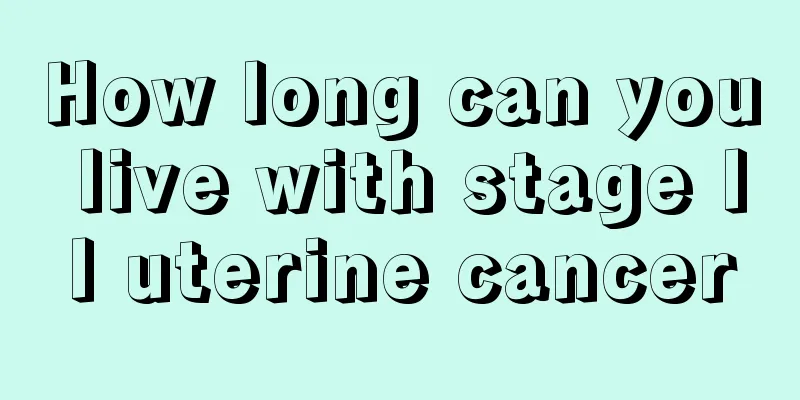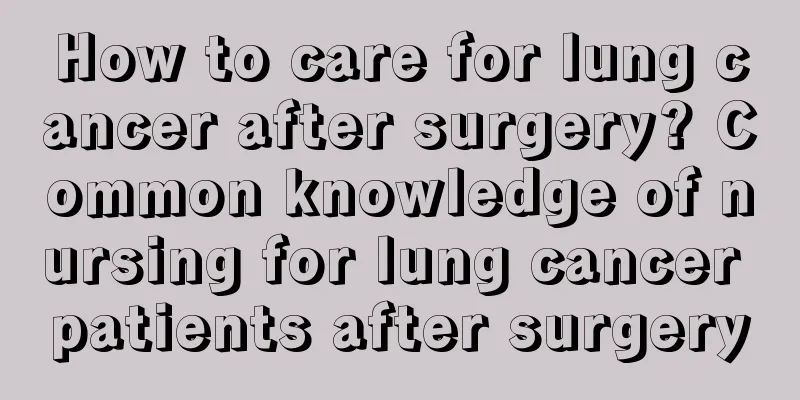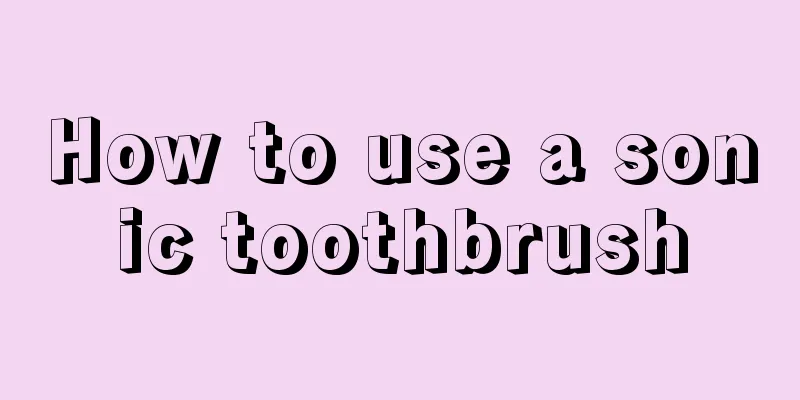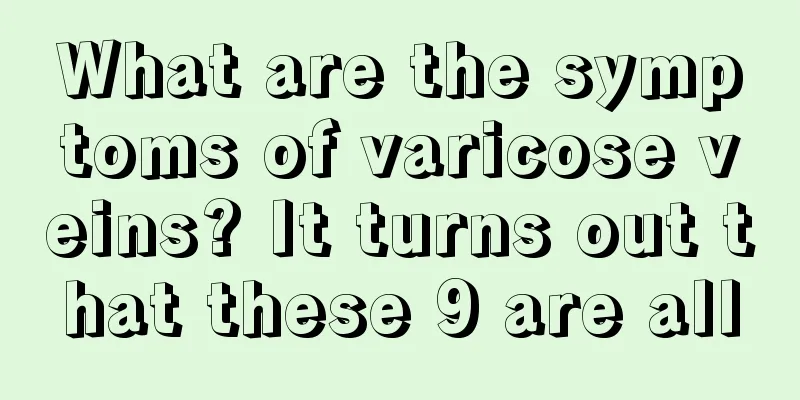Postoperative care after radical nephrectomy
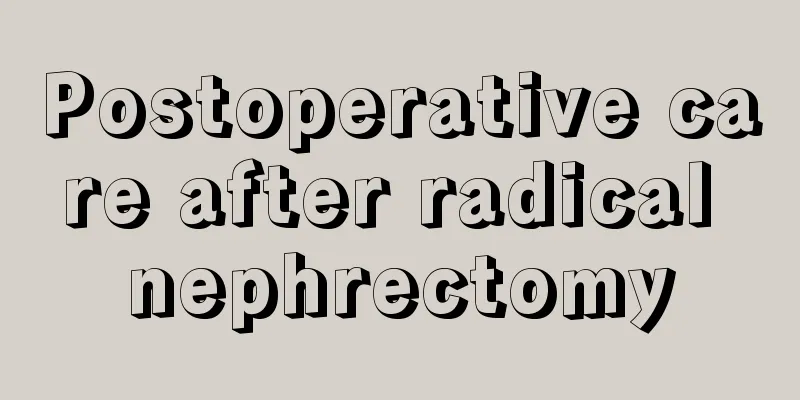
|
Kidney cancer surgery is a must for kidney cancer patients. The effect after surgery is inseparable from postoperative care. Postoperative care is also particularly important and plays a decisive role in the patient's recovery and recovery. You should always observe your postoperative symptoms and have regular physical examinations and reexaminations. Below I will introduce the common sense of postoperative care to patients and friends. 1: General care: Special personnel should be assigned to provide care after surgery, and monitoring should be performed. Before the patient wakes up from general anesthesia, routine care should be performed under general anesthesia, and routine oxygen inhalation should be performed. Closely observe vital signs: blood pressure, pulse, and respiration should be measured once every 15 to 30 minutes, and recorded until the patient is fully awake and in a stable condition. This can be changed to measuring once every 1 to 2 hours until the next morning. The patient should be encouraged to take deep breaths, and coughing or nebulization should be assisted when necessary. The patient should be allowed to turn over frequently without affecting the safety of treatment. If it is a radical nephrectomy, the patient should be allowed to get out of bed and move around as soon as possible; if it is a partial nephrectomy, the patient should be allowed to stay in bed for about 5 days. |
<<: How much does it cost to remove right kidney cancer surgically
>>: How much does targeted treatment for kidney cancer cost?
Recommend
My chin seems to have ringworm
In life, acne is a relatively common skin disease...
Is turtle a fish?
The animal gelatin content in soft-shelled turtle...
What to do after squeezing out a pimple
Acne is a distressing problem faced by many young...
Is it okay to drink rock sugar water on an empty stomach?
There are always many friends who like to drink a...
Pain in the left chin lymph nodes
Lymph nodes are a common clinical problem. They a...
Why does the amniotic fluid decrease
Many women do not actually pay much attention to ...
Is strabismus hereditary?
Strabismus not only affects the normal vision of ...
Ranking of the best hospitals for treating rectal cancer
Rectal cancer is already a very common disease in...
How to clean invisible underwear?
Every woman needs to wear underwear. Underwear ca...
Eat a durian a day
Some people like to eat durian, so they will buy ...
Is recurring eczema skin cancer?
Learn about skin cancer. If you have eczema, will...
Why should we be alert to pancreatic cancer
A 48-year-old middle-aged man felt upper abdomina...
Effect of boiler scale cleaning agent
Boilers will often have scale after being used fo...
What's wrong with my dry and itchy eyes?
When the air is dry, our eyes may also become dry...
What causes dry mouth? Do I need treatment?
For some people, dry mouth is a normal physiologi...

